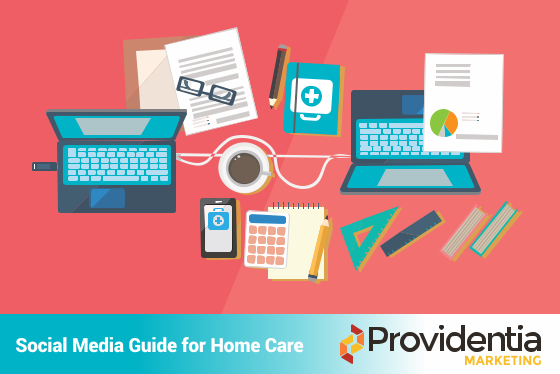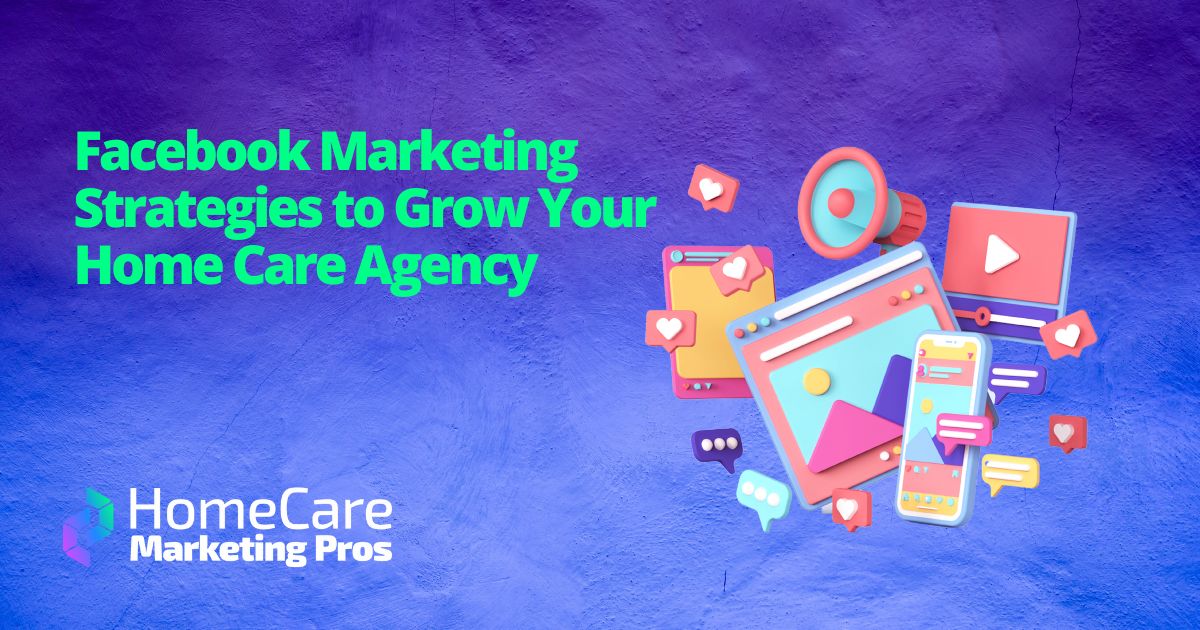Over the past several years the home care industry has had to adapt to a dramatic shift in customer behavior. Today’s home care consumers are increasingly using social media, search engines, and online resources to guide their own decisions. They are conducting their own research and talking with their friends and family about doctors, procedures, medicines, treatments and more. Demand continues to grow for information that is trustworthy, engaging, and accessible to these newly empowered customers.
According to Hootsuite, many leading healthcare providers have responded to this demand by creating highly effective social and mobile experiences for patients — all while staying fully compliant with regulators. These leaders have demonstrated that moving forward into a new era of patient engagement is not only possible, but imperative for organizations that want to remain competitive. There is also a growing recognition within the industry that prohibiting social media use among healthcare professionals is neither realistic nor in the interest of patients.
According to Lee Aase, the Director of the Social Media Center at the Mayo Clinic, workers in the healthcare industry should be expected to use social media to fulfill their responsibilities. He argues the industry must adopt the mindset that the “effective application of social media is part of professionalism.”
“We believe individuals have the right and responsibility to advocate for their own health, and it’s our responsibility to help them use social media tools to get the best information, and connect with providers as well as one another.” -Mayo Clinic Social Media Health Network
So does this information matter when considering home care and home healthcare? Yes! Home care businesses are dedicated to caring for the public and should feel an ethical duty to educate and benefit those ones in need. With social media, businesses have an opportunity to connect with clients and promote positive, healthy decisions. Efforts in this area will benefit the clients of home care businesses, will help families make better decisions, and will result in a more positive view of the home care industry. The challenge is now on business owners to support social media efforts with the education, trust and compliance solutions to meet their goals and obligations.
The following information will help you with a series of five key steps to prepare your organization for greater home care client engagement.
Step 1: Drive results by focusing on your home care business goals
Social media presents so many options for your home care business that it can be easy to lose focus. It seems like every few months a new social network comes along and grabs your attention, or one of your competitors runs a clever ad campaign that you wish you thought of. But before making snap decisions and spending your hard earned money, it’s important to concentrate on supporting your most important organizational goals. Ultimately, your business has goals such as improving health outcomes or driving more referrals from clients, and healthcare professionals. When planning a social media strategy, make sure to define specific and measurable objectives that tie back to your organization’s primary goals. Create SMART goals. Doing so at the very beginning will help your home care team not only focus its efforts but also demonstrate ROI.
Here are five key business considerations that should guide every social media initiative for home care businesses:
Stay tuned for steps 2 to 5 as we continue this 5-step guide to social media in home care.
- Drive results by focusing on your home care business goals
- Match your social media strategy with your home care client’s journey
- Be proactive about security and compliance with social media
- Educate your employees, protect your home care clients
- Be consistent: For the best results from Social Media, take the long view














